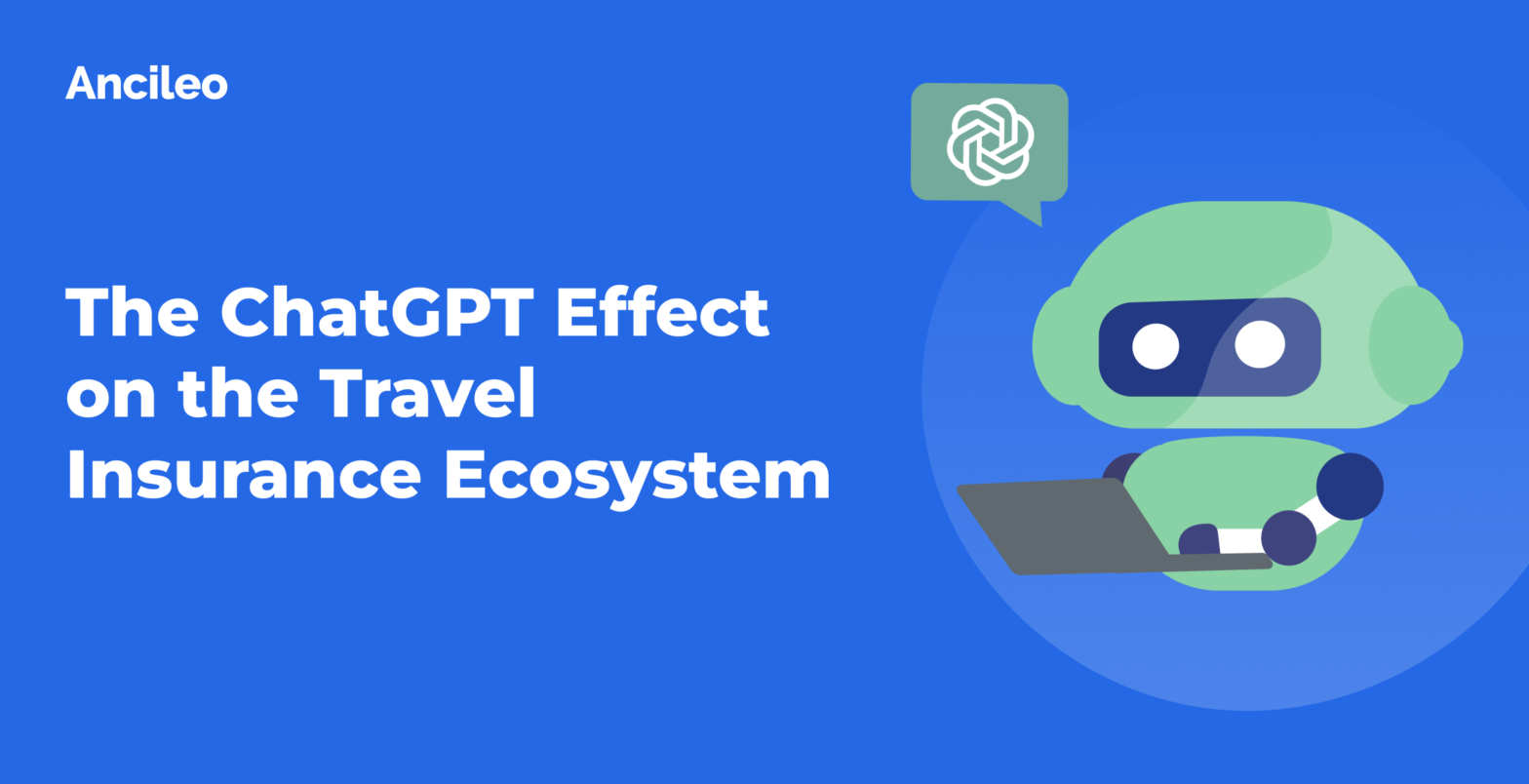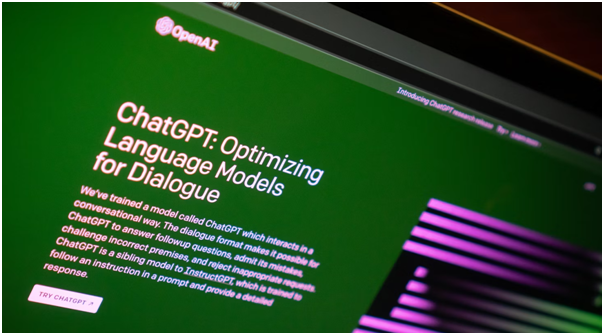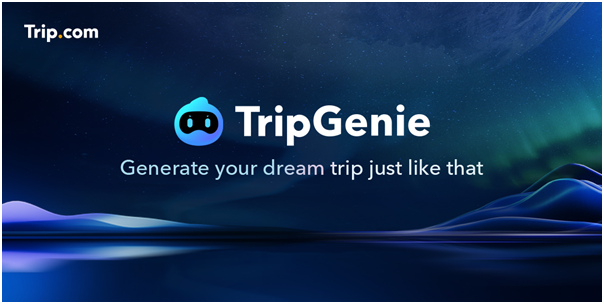
The travel landscape has seen a remarkable transformation in recent years, with advancements in technology playing a pivotal role. One of the most significant contributors to this transformation has been the integration of Artificial Intelligence (AI) technologies, with ChatGPT being at the forefront.
This article explores the impact of ChatGPT and other AI technologies in the travel industry and delves into their implications on the travel insurance ecosystem. We’ll also discuss the use cases presented in three articles to provide a comprehensive understanding of how AI is shaping the future of travel.
Travelers are increasingly seeking personalized and efficient ways to plan their journeys. ChatGPT and similar AI technologies are making this a reality. With the introduction of ChatGPT plugins, major travel companies like Expedia and Kayak are now offering their users a personalized travel planning experience.

Expedia and Kayak, two leading players in the travel industry, have integrated ChatGPT into their platforms, effectively turning it into a virtual travel agent. With this development, travelers can now utilize ChatGPT to plan their next vacation.
This innovative integration allows travelers to engage in natural language conversations with ChatGPT, obtaining personalized recommendations for flights, hotels, car rentals, and activities based on their preferences and historical travel data. This not only streamlines the planning process but also enhances the overall user experience.
Trip.com, a well-known travel company, has also harnessed AI technology with its advanced AI assistant, TripGenie. This groundbreaking AI assistant is designed to revolutionize travel planning and booking, offering users a seamless and personalized experience.

TripGenie’s ability to interpret user inputs in natural language is a game-changer. Whether travelers are seeking affordable flights, nearby hotels, or recommendations for a multi-day trip, TripGenie delivers tailored suggestions, simplifying the planning process and saving time.
TripGenie adopts a Language User Interface (LUI), which allows users to communicate with the AI assistant effortlessly. The LUI seamlessly blends into the user interface, intelligently guiding users through the planning process. It eliminates the need for complex input and filtering, making travel planning as straightforward as a casual conversation.
Trip.com’s commitment to AI-driven travel experiences doesn’t stop with TripGenie. The platform has further enhancements in the pipeline, including the introduction of a virtual tour guide feature. This commitment to innovation promises an even more immersive and user-centric travel experience.
Booking.com, one of the world’s leading digital travel platforms, has introduced the AI Trip Planner, leveraging AI and large language models like ChatGPT. This innovative tool offers travelers a conversational experience, enhancing the travel planning process.

Booking.com’s AI Trip Planner allows travelers to ask a wide range of travel-related questions, from destination suggestions to specific accommodation requirements. The AI assistant responds in real-time, offering recommendations in a conversational manner. This approach ensures that travelers receive personalized and relevant suggestions quickly.
One unique aspect of the AI Trip Planner is its seamless integration with the Booking.com app. Travelers can effortlessly transition between conversing with the AI assistant and booking accommodations within the app. This streamlines the booking process and provides a comprehensive travel planning experience.
Booking.com sees the AI Trip Planner as just the beginning of their journey into enhancing the travel planning experience. As the tool evolves, it aims to offer more natural and human-like conversations, creating a user-centric approach to travel planning.
The integration of AI technologies, particularly ChatGPT, into the travel landscape has profound implications for the travel insurance ecosystem. Here are some key takeaways for travel insurers and other key players in the industry:
With AI-powered travel planning tools, travelers can now plan their trips more efficiently and with a personal touch. This enhanced user experience can lead to an increase in travel bookings and, consequently, a higher demand for travel insurance.
AI technologies generate vast amounts of data, providing travel insurers with valuable insights into customer preferences and behavior. This data can be leveraged to tailor insurance products and pricing, improving the competitiveness of travel insurance offerings. Travel insurers can utilize these insights to fine-tune their existing policies, or craft new, more comprehensive policies.
AI can assist in better risk assessment by analyzing travel data in real-time. Insurers can offer more accurate coverage based on the traveler’s specific itinerary, making policies more relevant and cost-effective. This level of accuracy reduces the likelihood of over-insurance and enables travel insurers to mitigate risks effectively.
AI technologies can provide 24/7 customer support, assisting travelers with insurance-related inquiries and claims. This not only improves customer satisfaction but also streamlines the claims process. With AI, travelers can now access information, assistance, and guidance on-demand, enhancing their overall satisfaction with the insurance experience.
The integration of AI technologies, including ChatGPT, into the travel landscape is transforming the way travelers plan and book their journeys. This shift in the travel industry has far-reaching implications for travel insurers and other key players. As AI-driven travel planning tools become more widespread, travel insurers should adapt and leverage these technologies to enhance the customer experience, gain insights, and provide more tailored insurance solutions. The future of travel and travel insurance is undoubtedly shaped by the ChatGPT effect and the broader AI revolution in the industry.